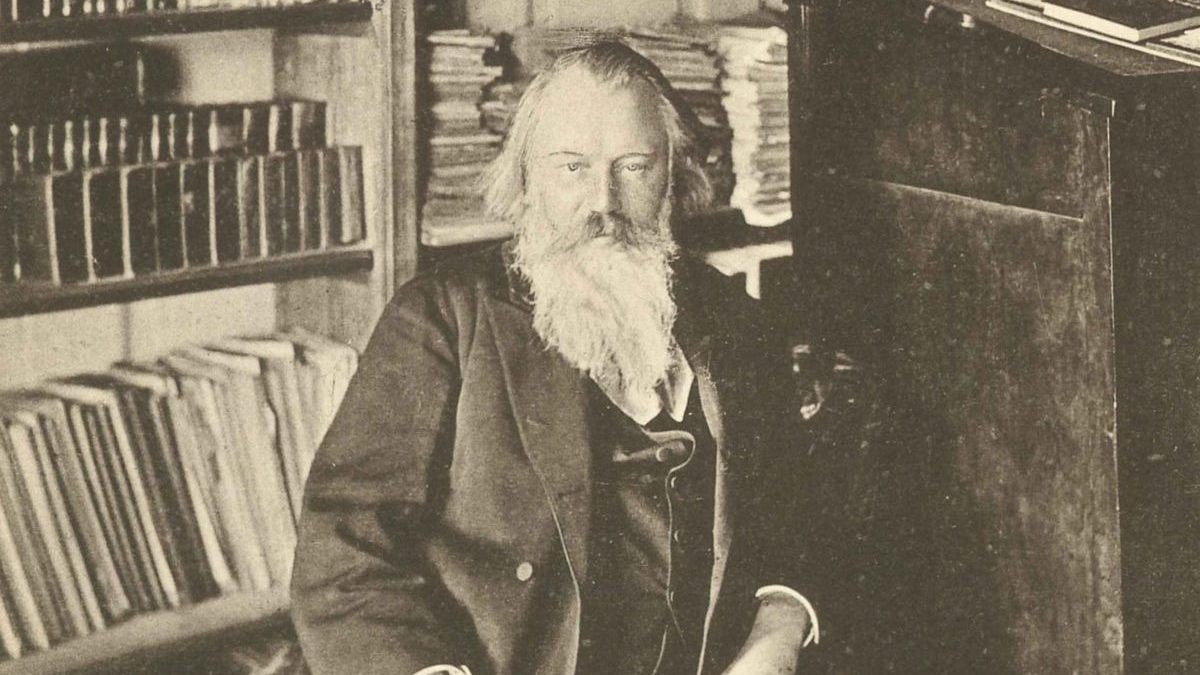Schubert’s Piano Sonata No. 13 in A Major, Mitsuko Uchida
Franz Schubert’s Piano Sonata No. 13 in A Major is filled with sublime, crystalline melodies which unfold with an inherent sense of logic. It’s music filled with sunshine and the joy of youth. At the same time, there is an underlying and lingering wistfulness. The 22-year-old Schubert wrote this music during the summer of 1819 while vacationing in the idyllic Upper Austrian city of Steyr. Surrounded by an “unimaginably lovely” landscape, Schubert composed the …







